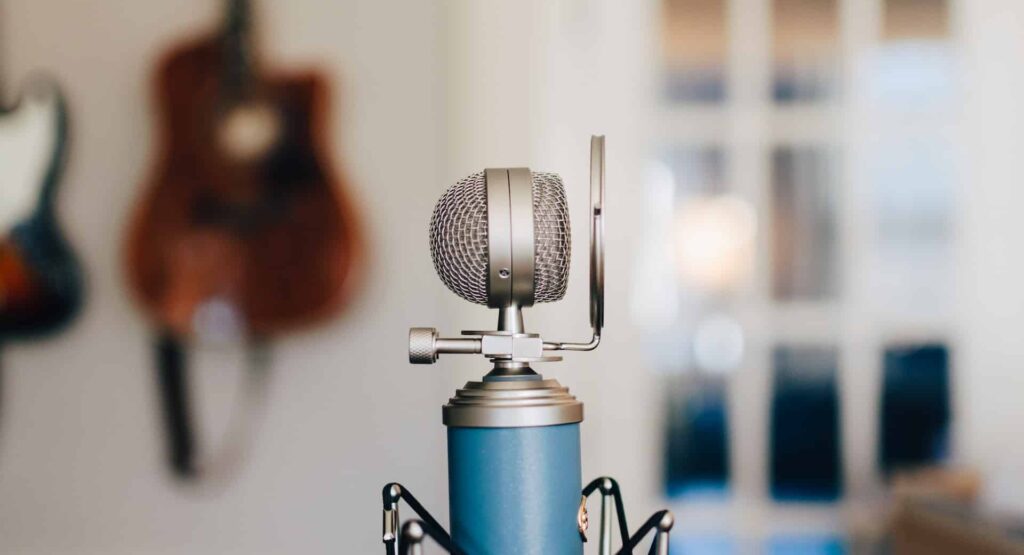Recording music can be a daunting task, especially if you’re trying to achieve a professional sound. However, with the right tips and techniques, you can produce recordings that sound polished and professional.
Here are some essential tips and techniques to get your music recordings to sound professional. Let’s get started!
Tips and Techniques for Recording Music
1. Invest in High-Quality Equipment
The quality of your recording equipment plays a significant role in the overall sound of your recordings. Invest in high-quality microphones, preamps, and audio interfaces to achieve a clear and crisp sound.
2. Practice Proper Microphone Technique
Proper microphone technique is essential for achieving a professional sound. Keep the microphone at a consistent distance from the source and avoid popping, hissing, and distortion.
3. Set Proper Levels
It’s crucial to set proper levels to avoid clipping and distortion. Ensure that the levels are not too high or too low to achieve a clean and balanced sound.
4. Use EQ and Compression
Equalization (EQ) and compression are two powerful tools that can enhance the sound of your recordings. Use EQ to adjust the frequency balance and compression to control dynamics and add warmth to the sound.
5. Pay Attention to the Room Acoustics
The acoustics of your recording room can significantly impact the sound of your recordings. Pay attention to the room’s reflections, echoes, and standing waves and use acoustic treatments to minimize them.
6. Take Advantage of Software Plugins
There are numerous software plugins available that can enhance the sound of your recordings. Use plugins for EQ, compression, reverb, and other effects to achieve a professional sound.
7. Pay Attention to the Mix
A good mix is crucial for achieving a professional sound. Ensure that all the elements of your recording are balanced and sitting well in the mix. Pay attention to panning, levels, and stereo width.
8. Use Reference Tracks
Reference tracks are essential for comparing your recordings to professional recordings. Use reference tracks to identify areas where your recordings need improvement.
9. Get Feedback
It’s always beneficial to get feedback from other musicians and audio professionals. Share your recordings with others and get constructive feedback on areas where you can improve.
Final Thoughts
Achieving a professional sound requires attention to detail and proper techniques.
Invest in high-quality equipment, practice proper microphone technique, set proper levels, use EQ and compression, pay attention to room acoustics, take advantage of software plugins, pay attention to the mix, use reference tracks, and get feedback.
With these tips and techniques, you can produce recordings that sound polished and professional.

